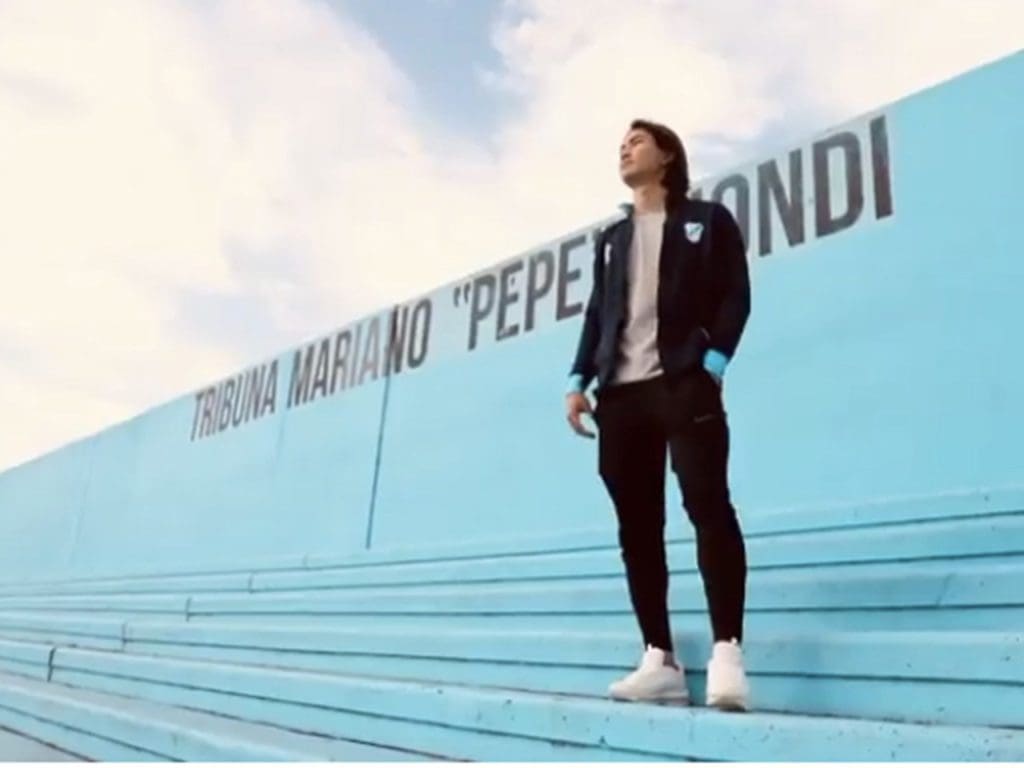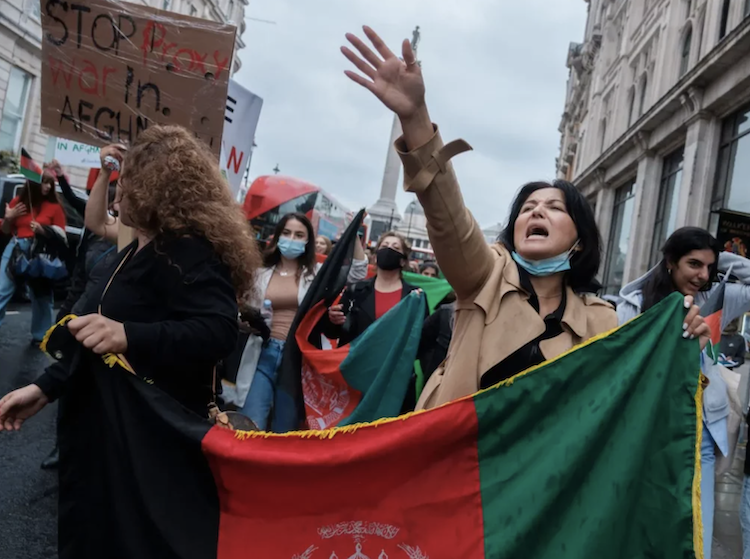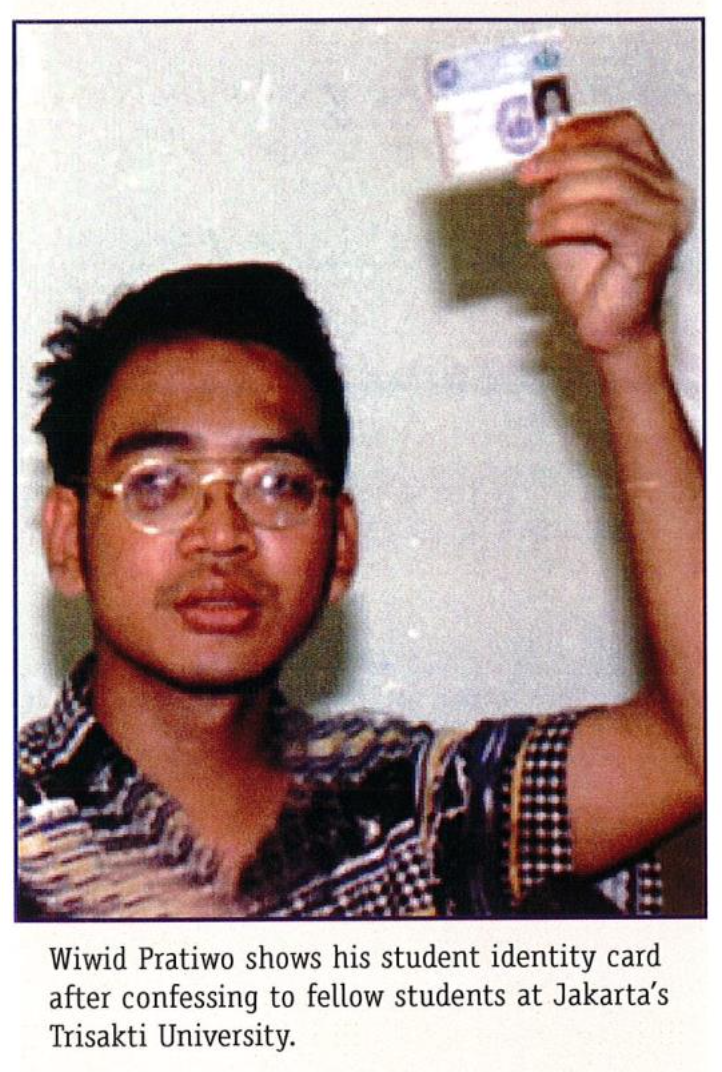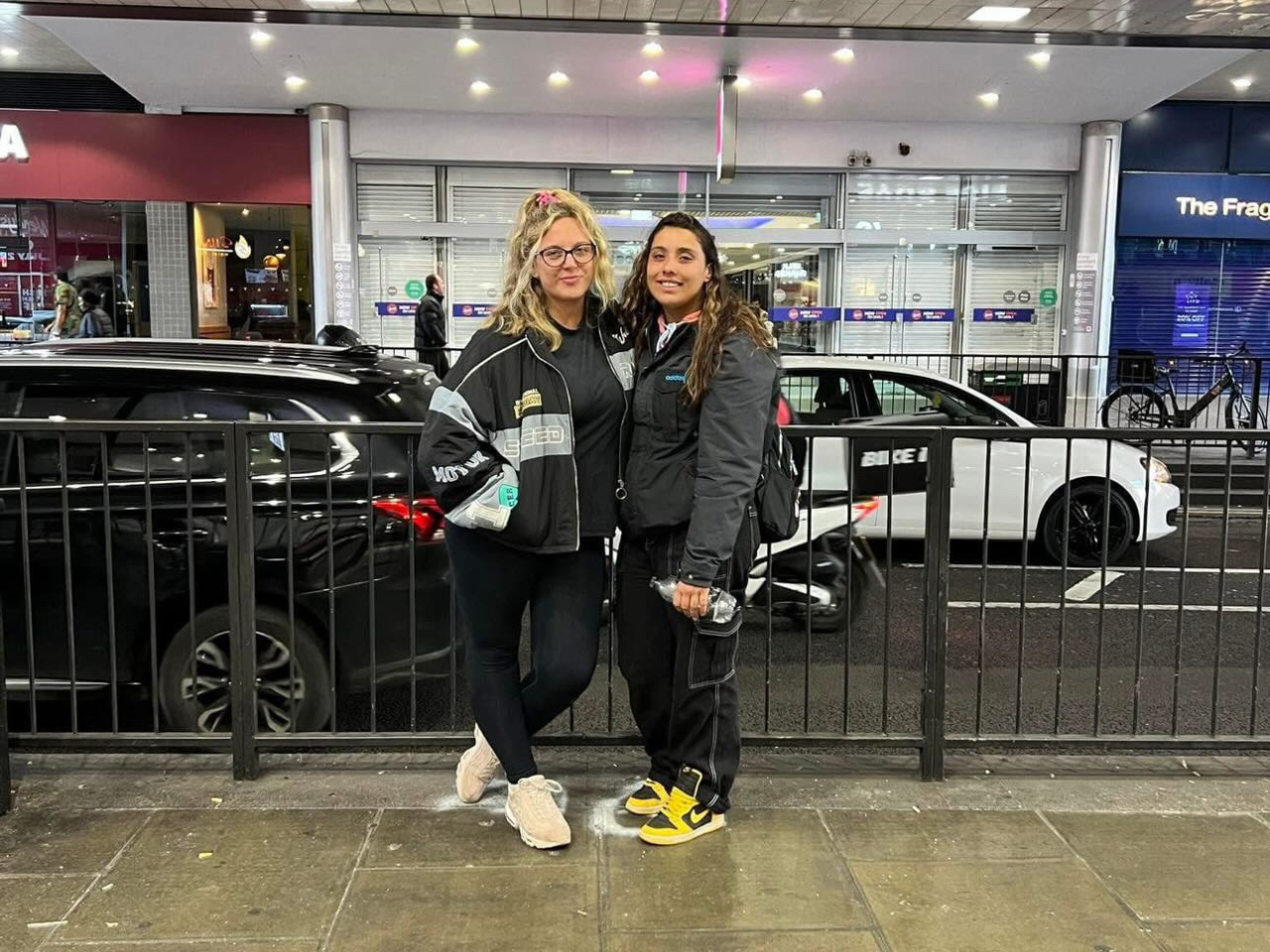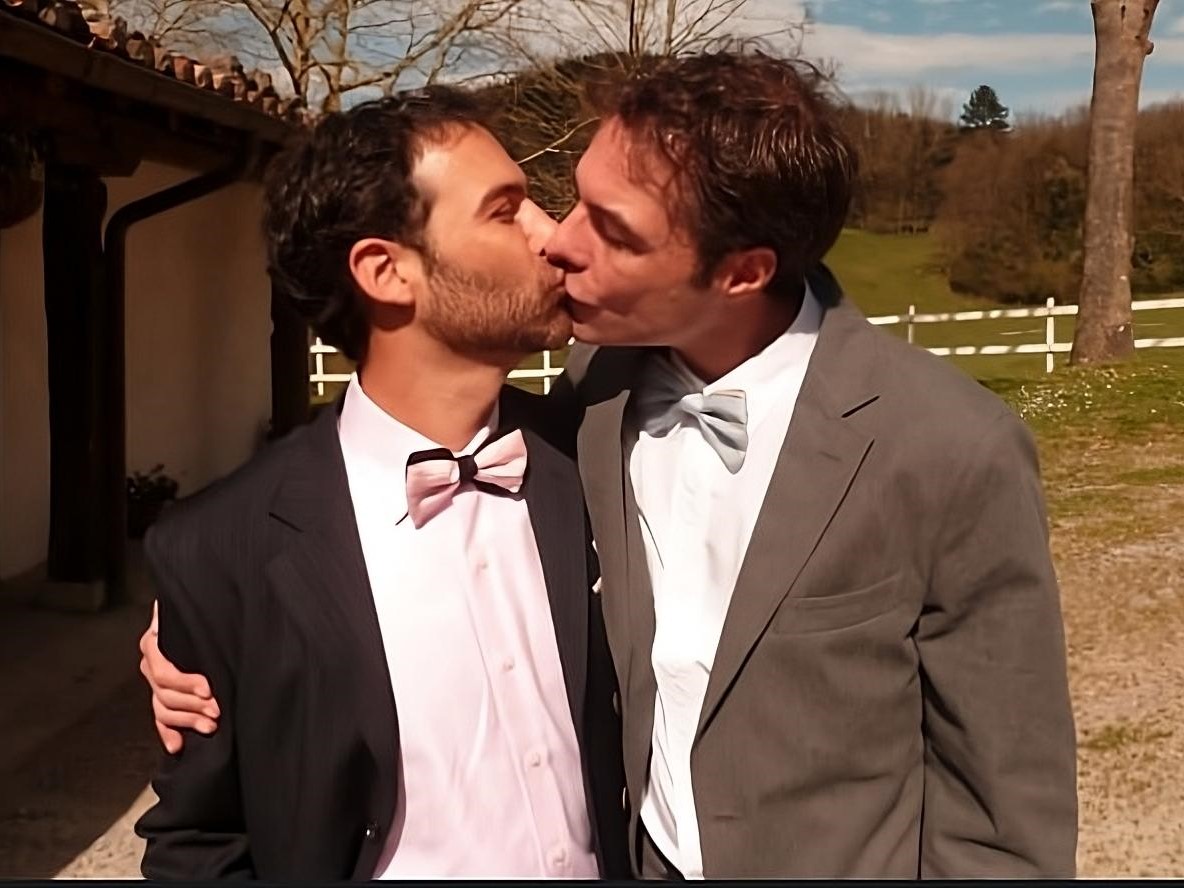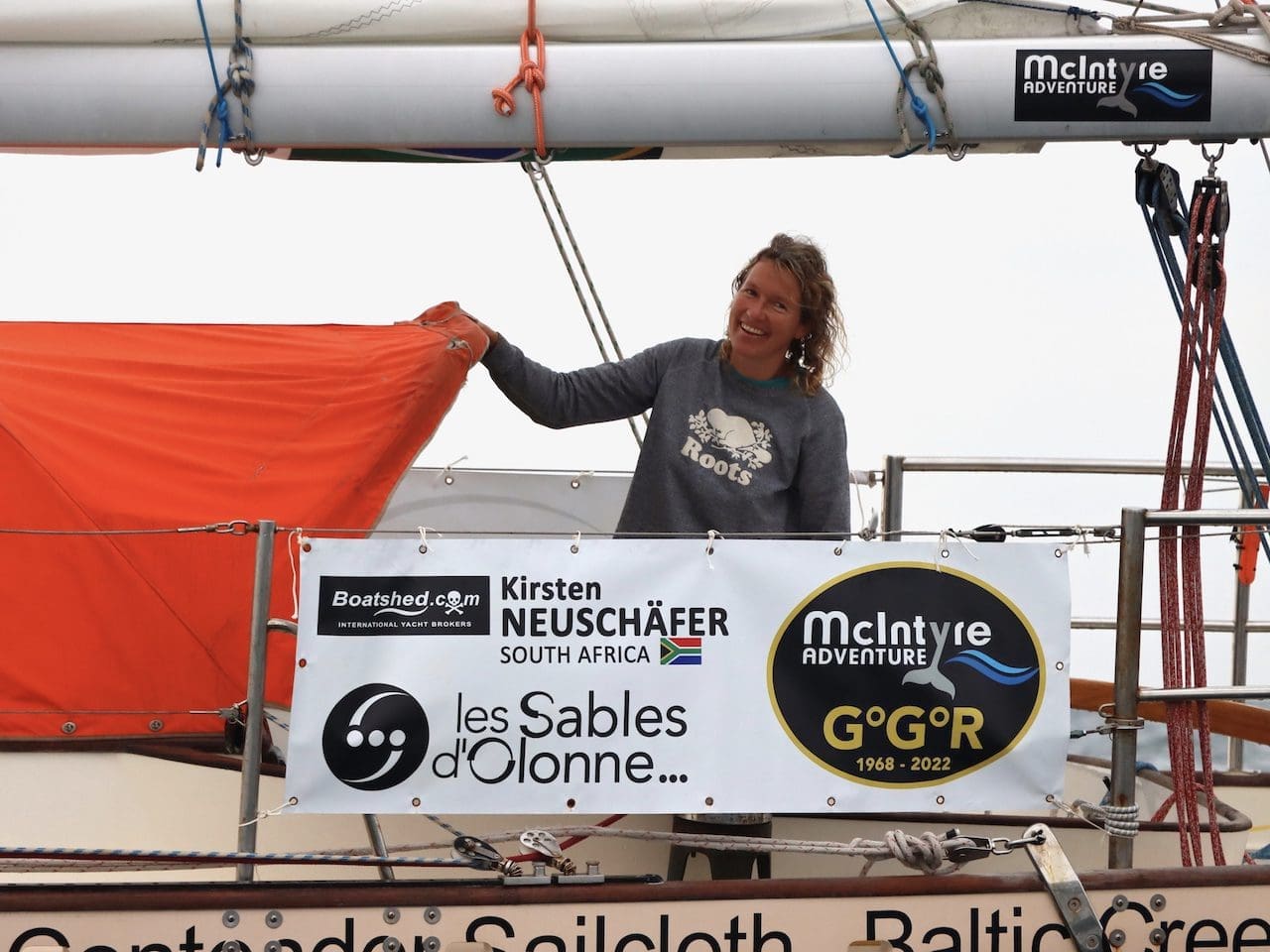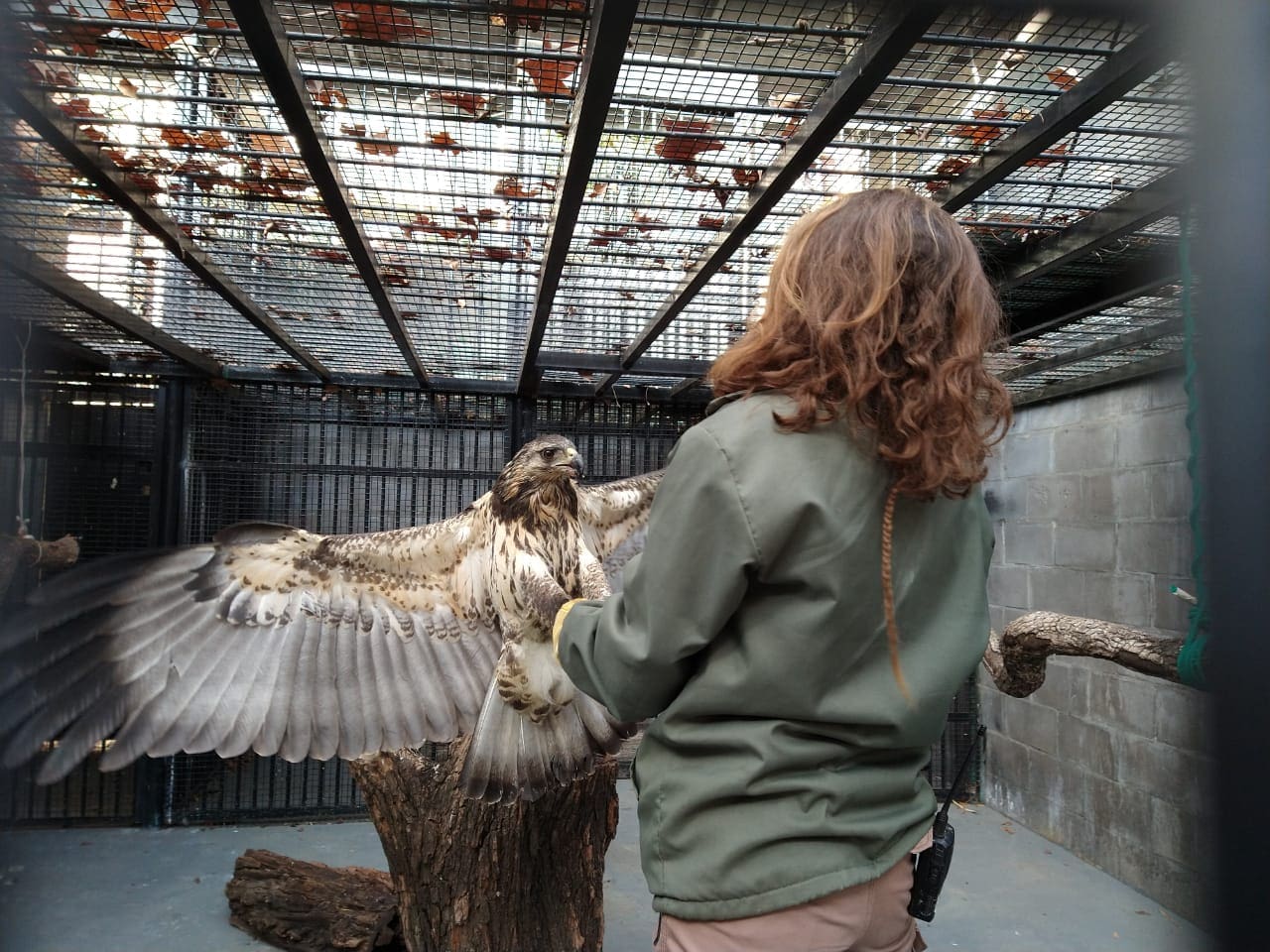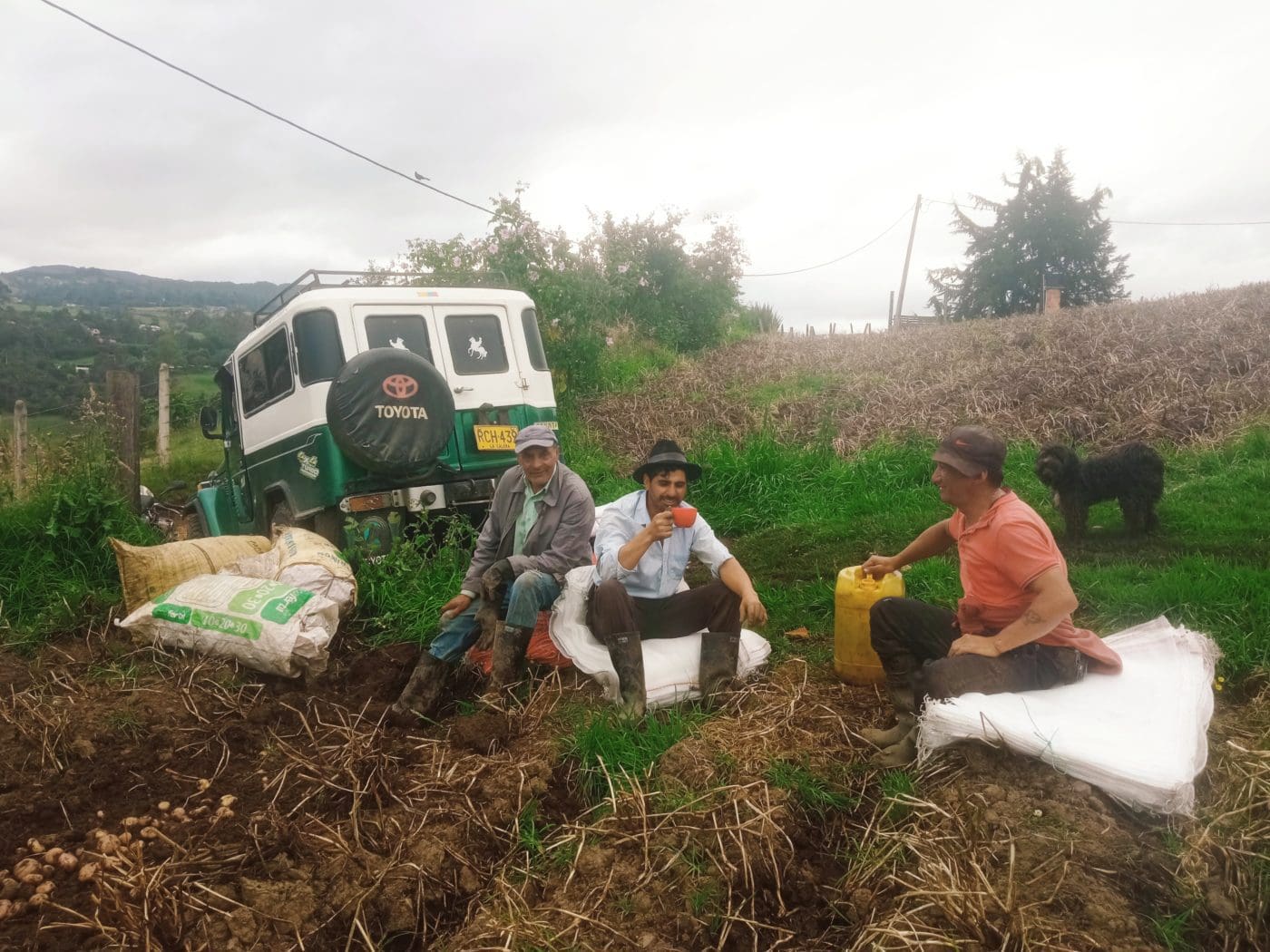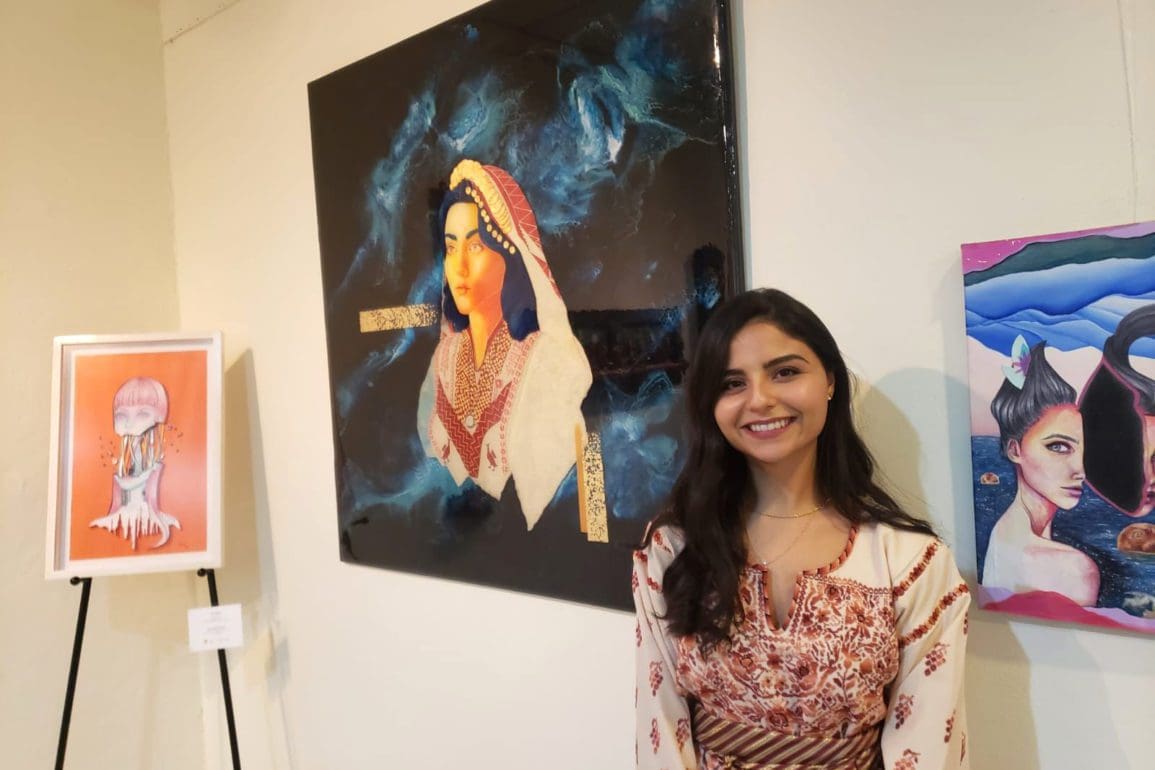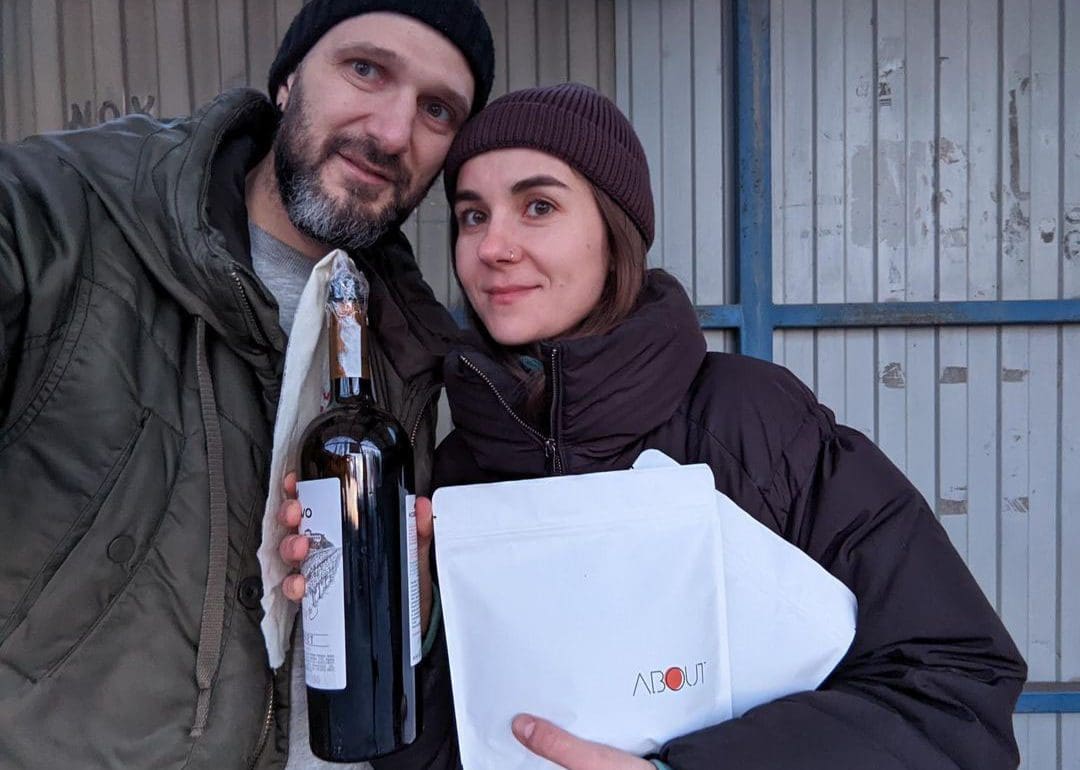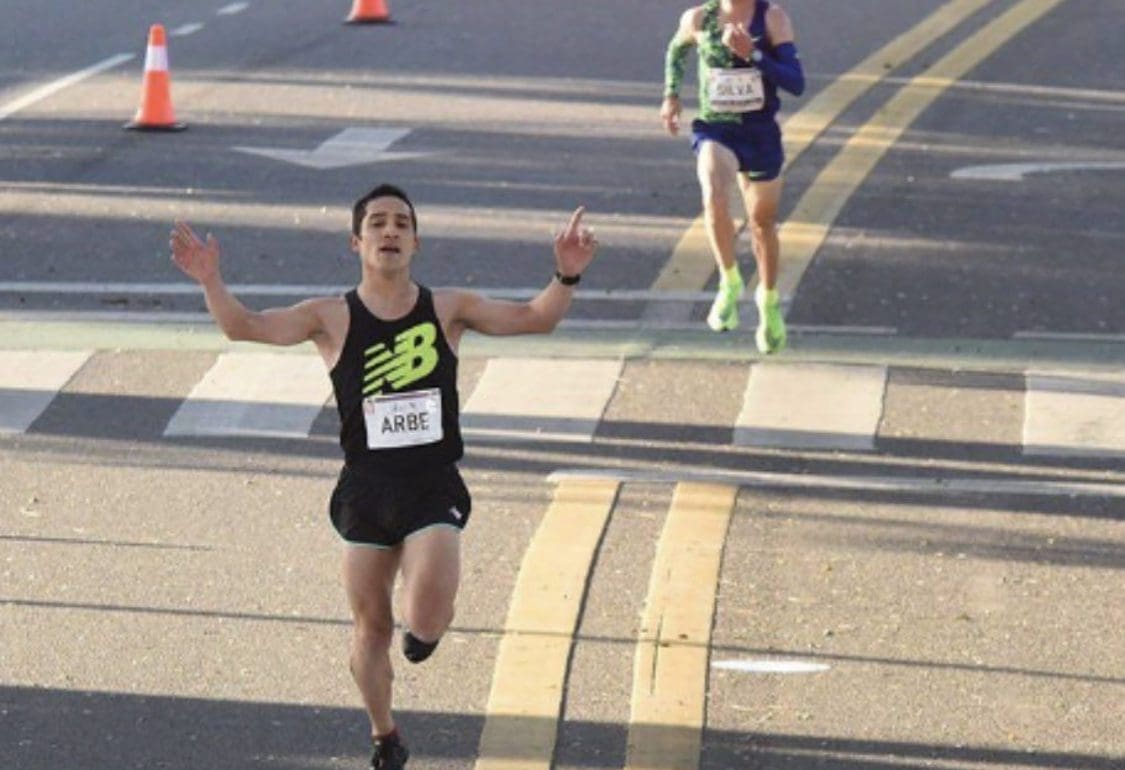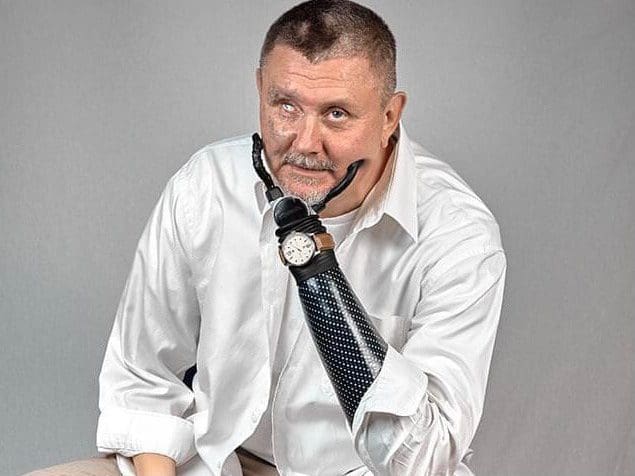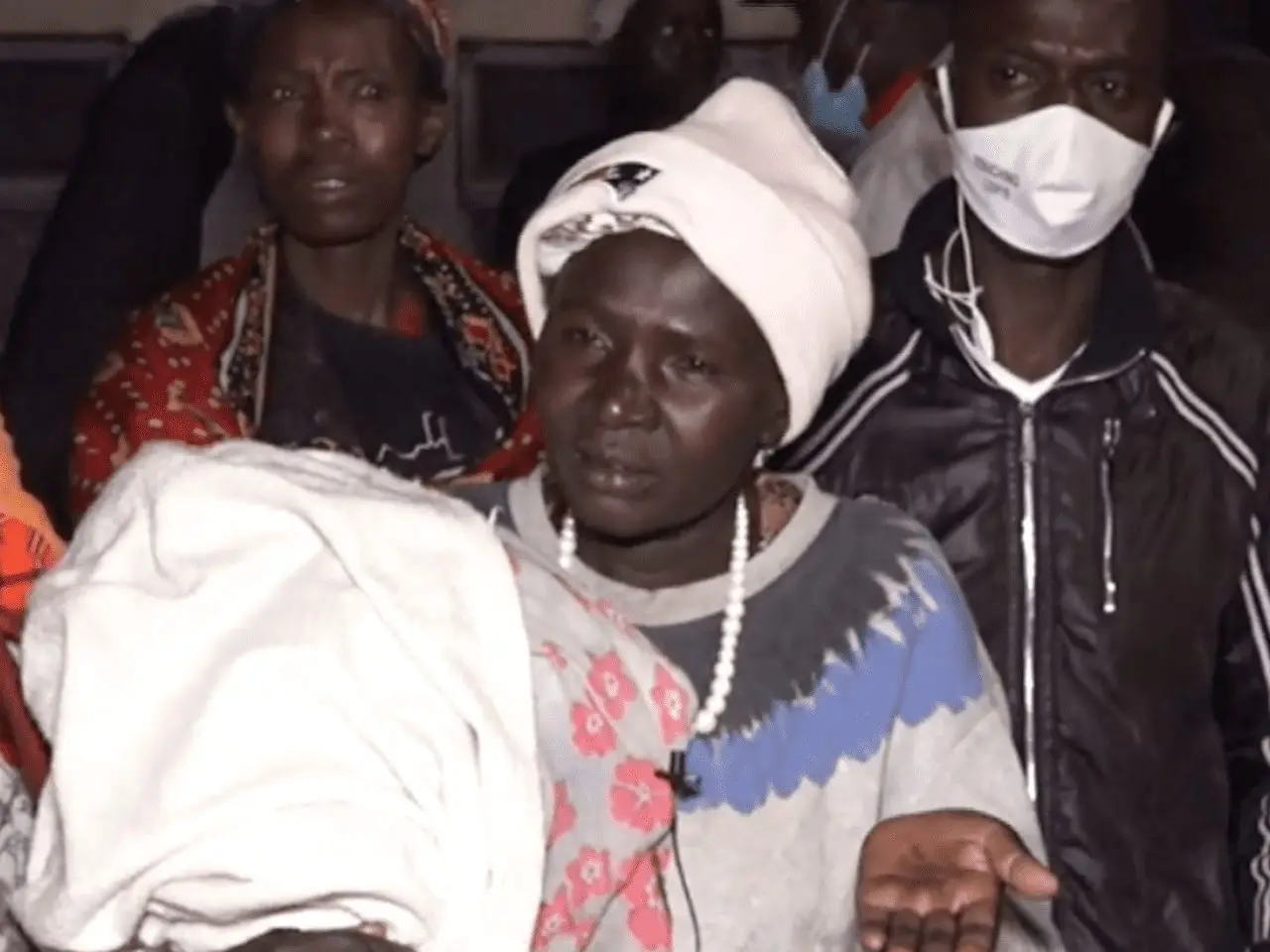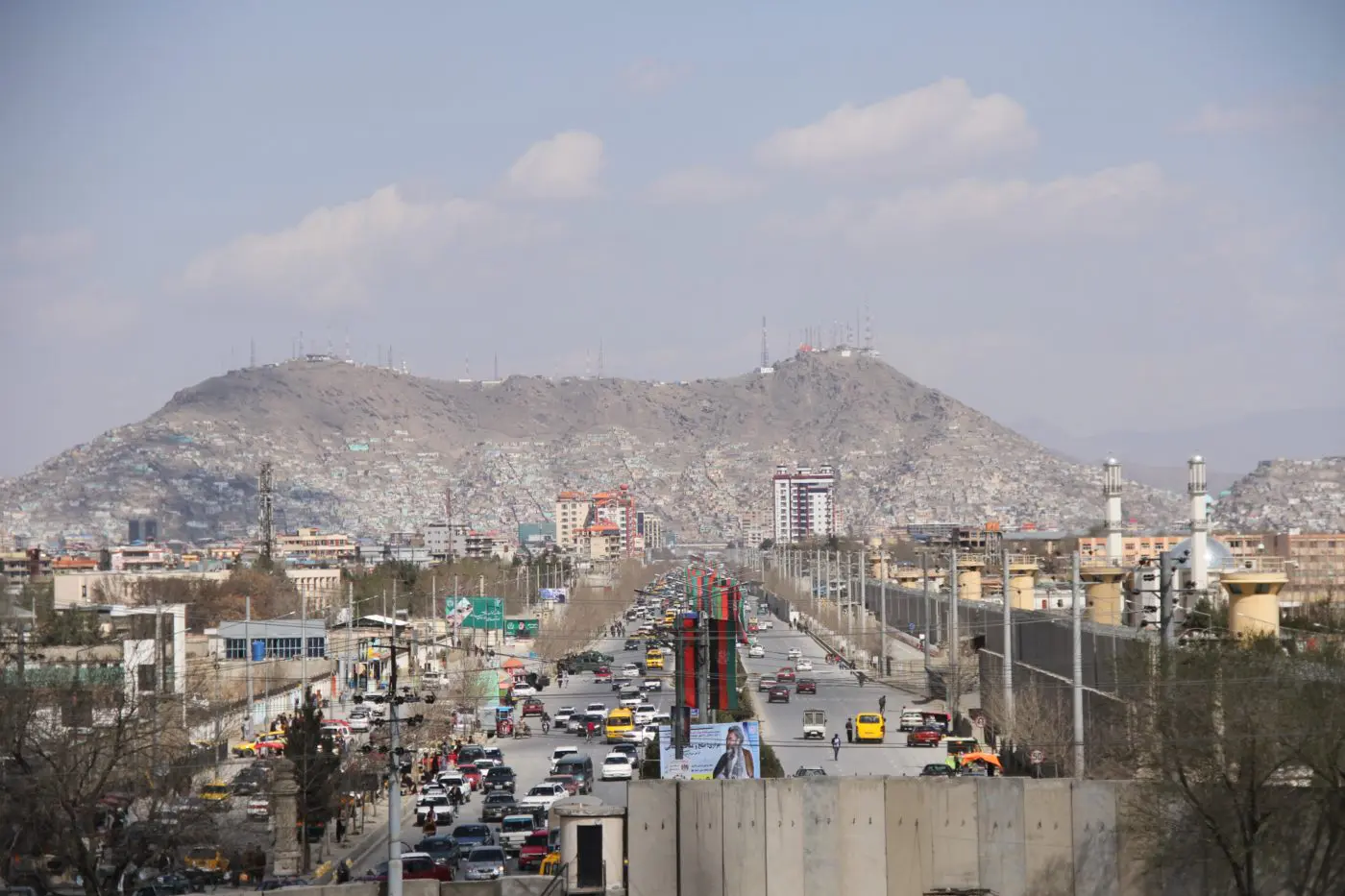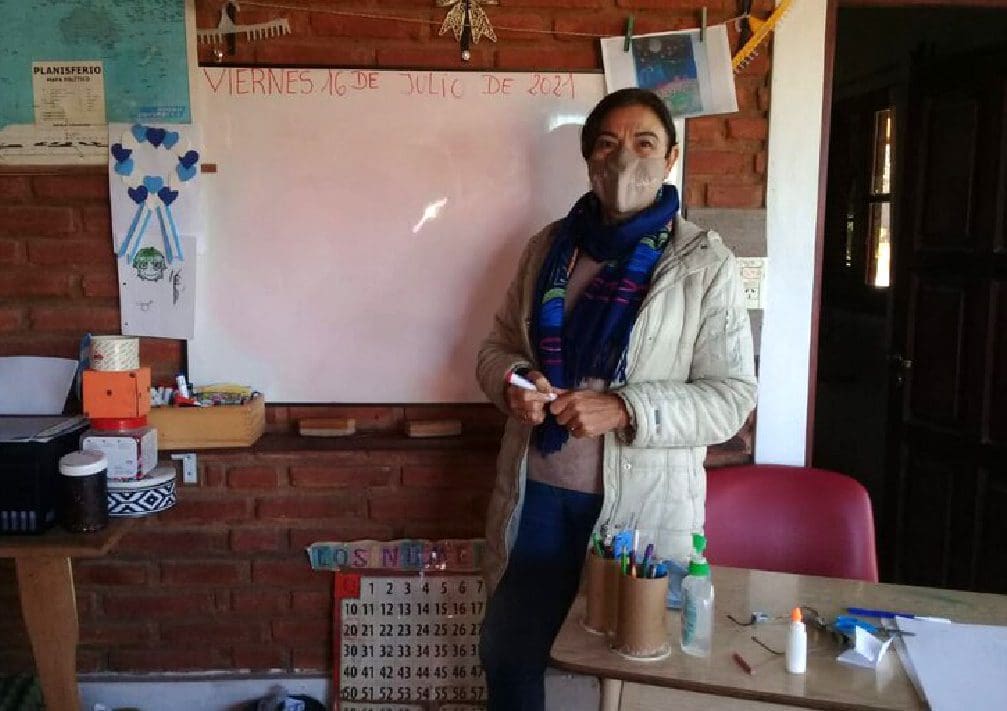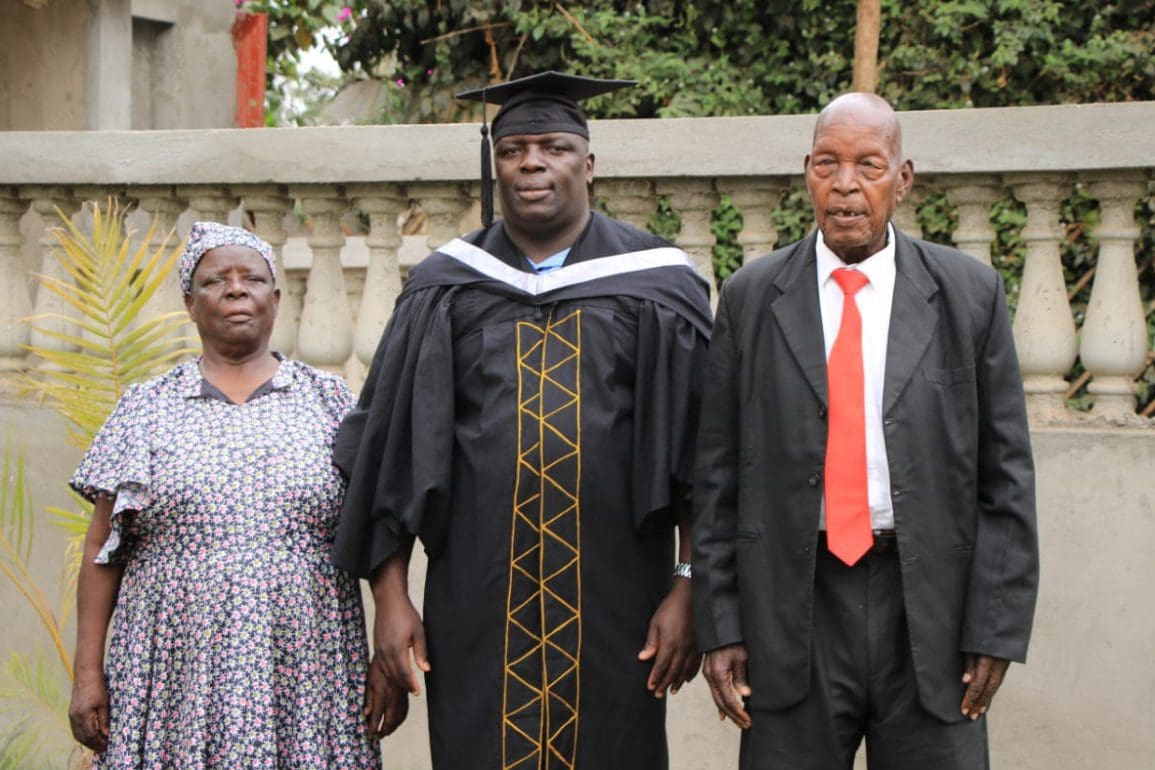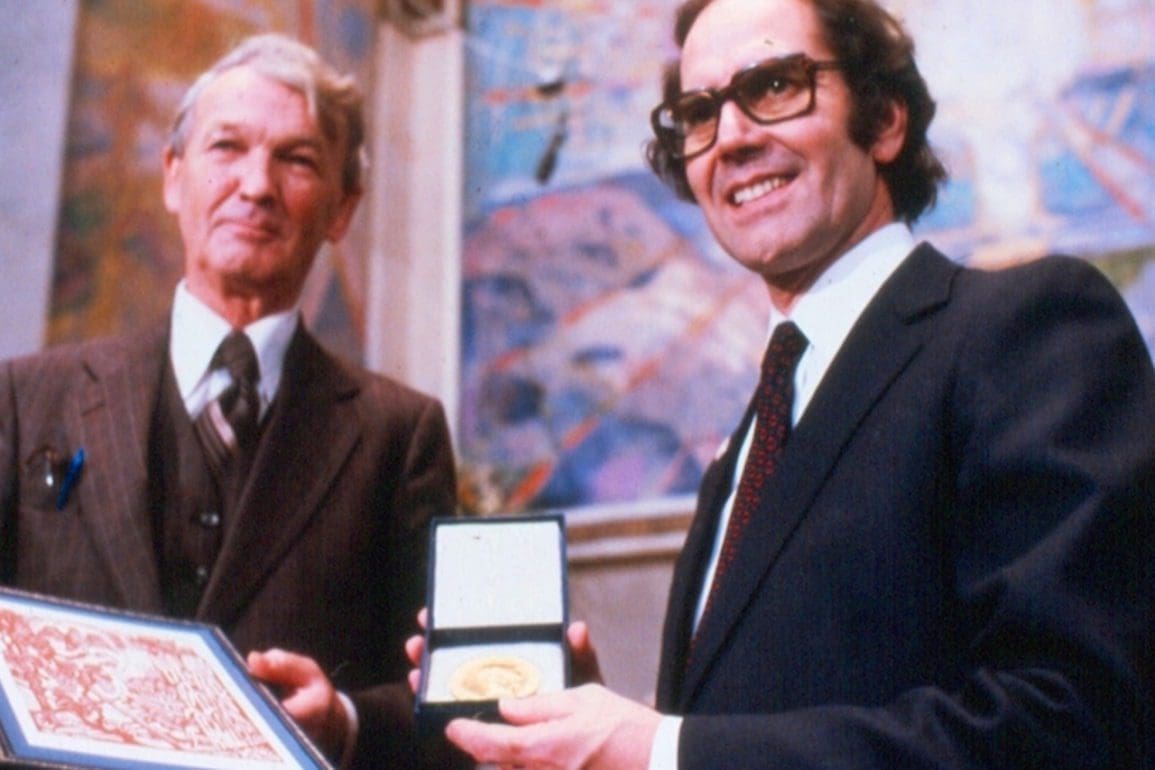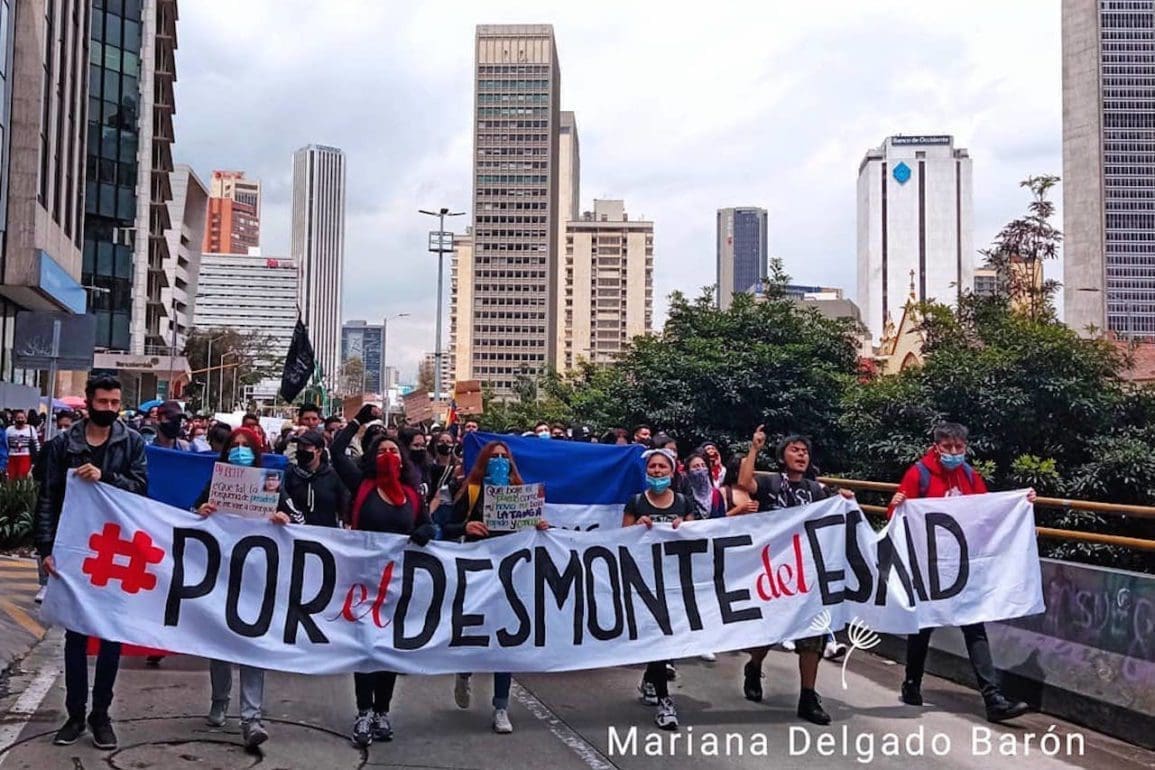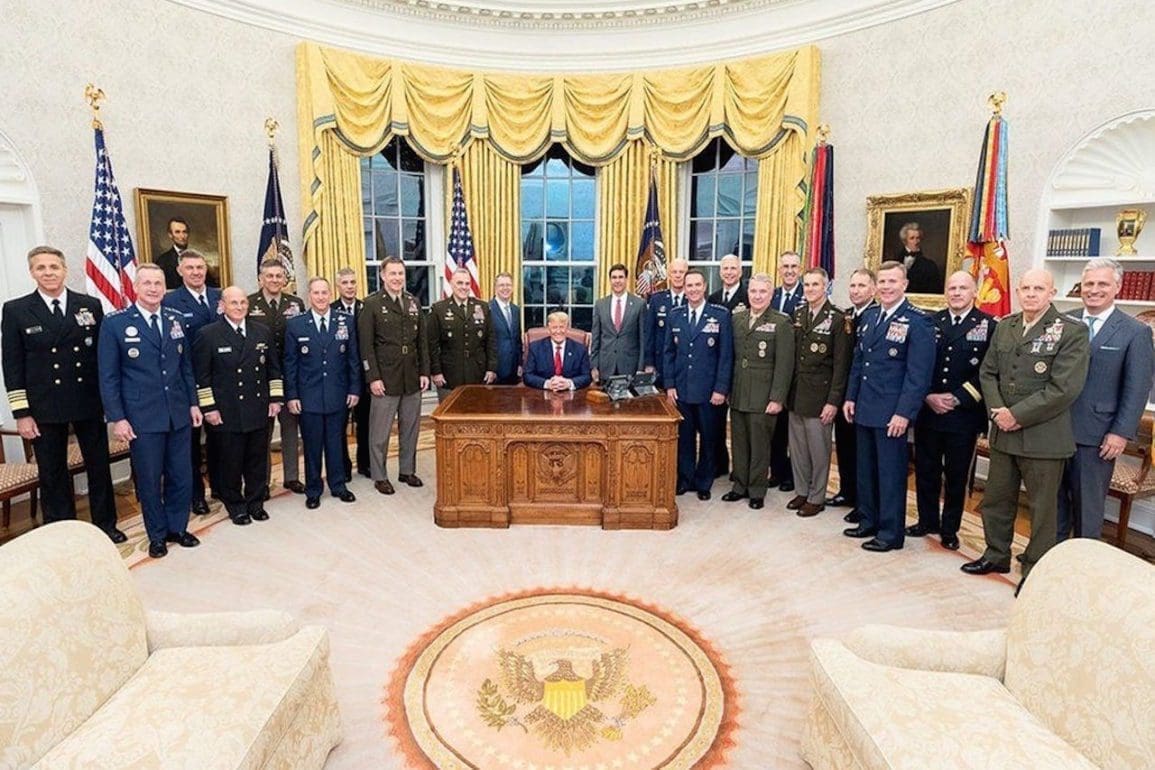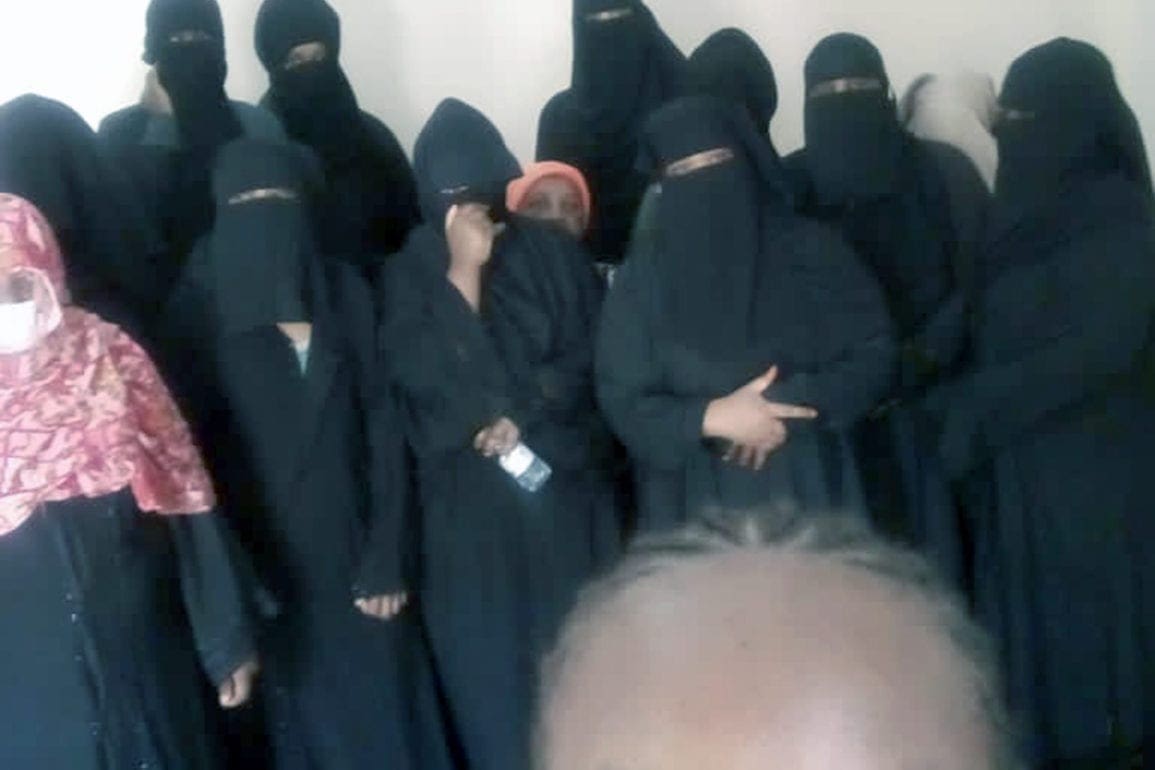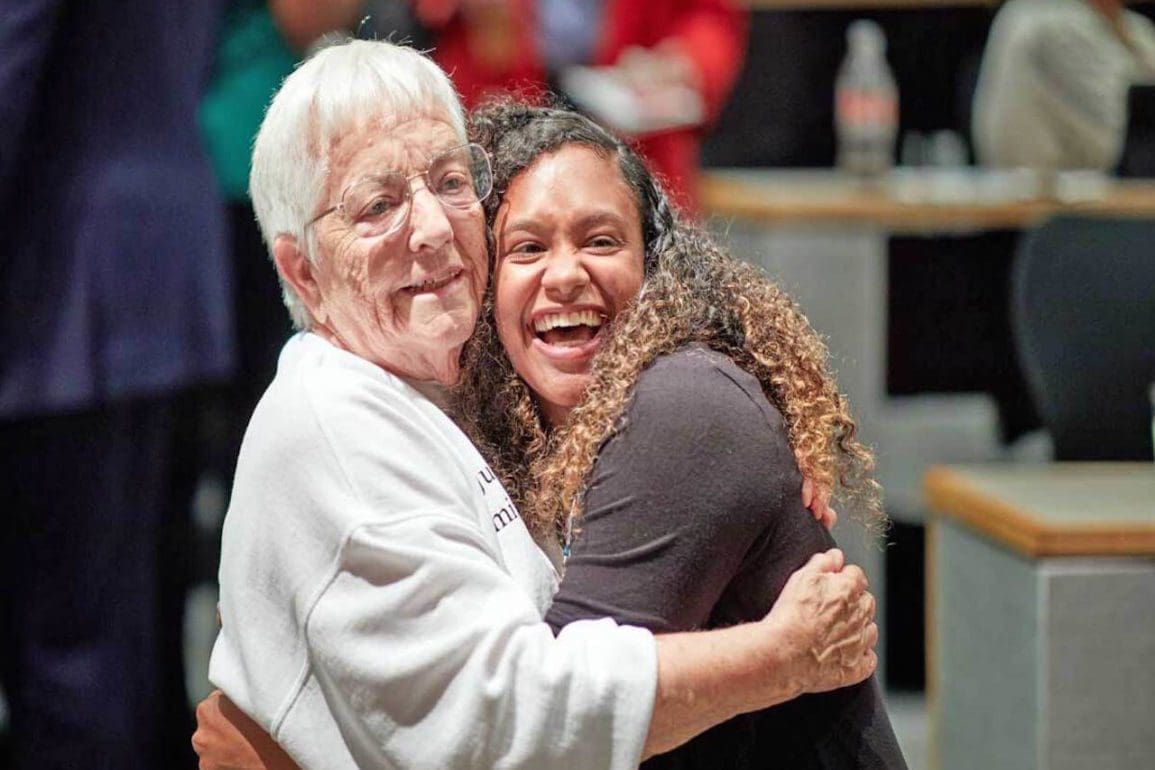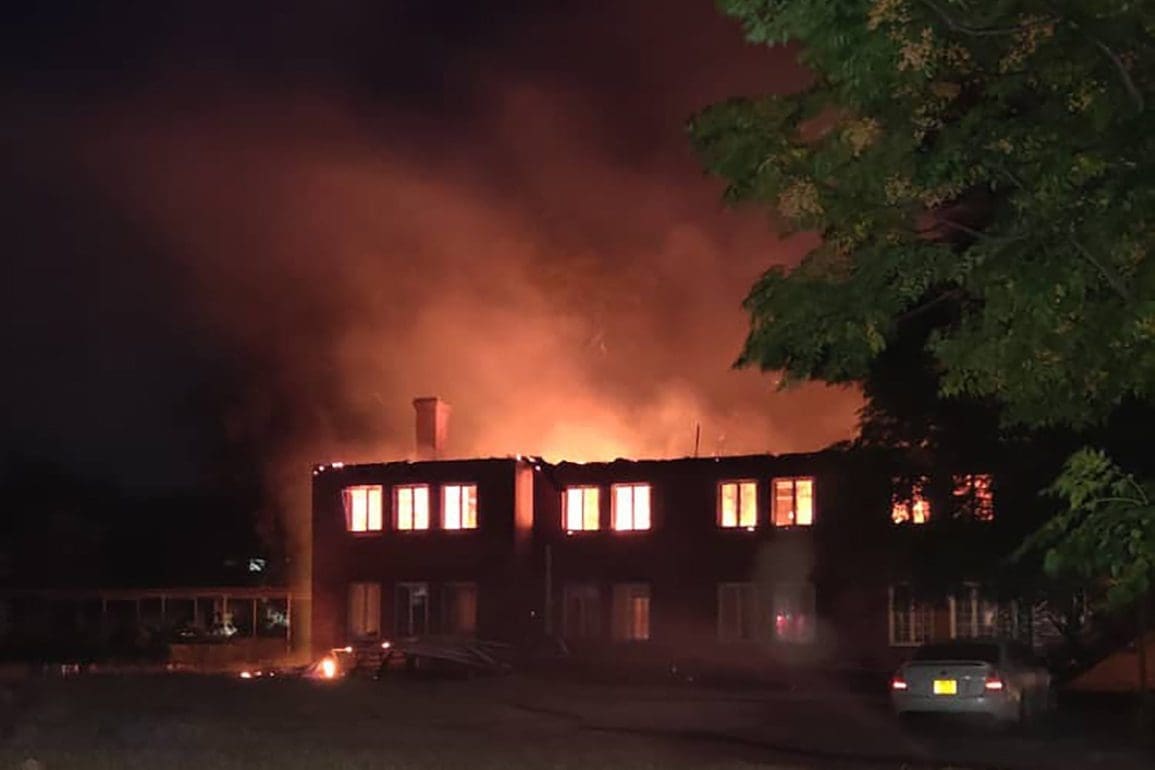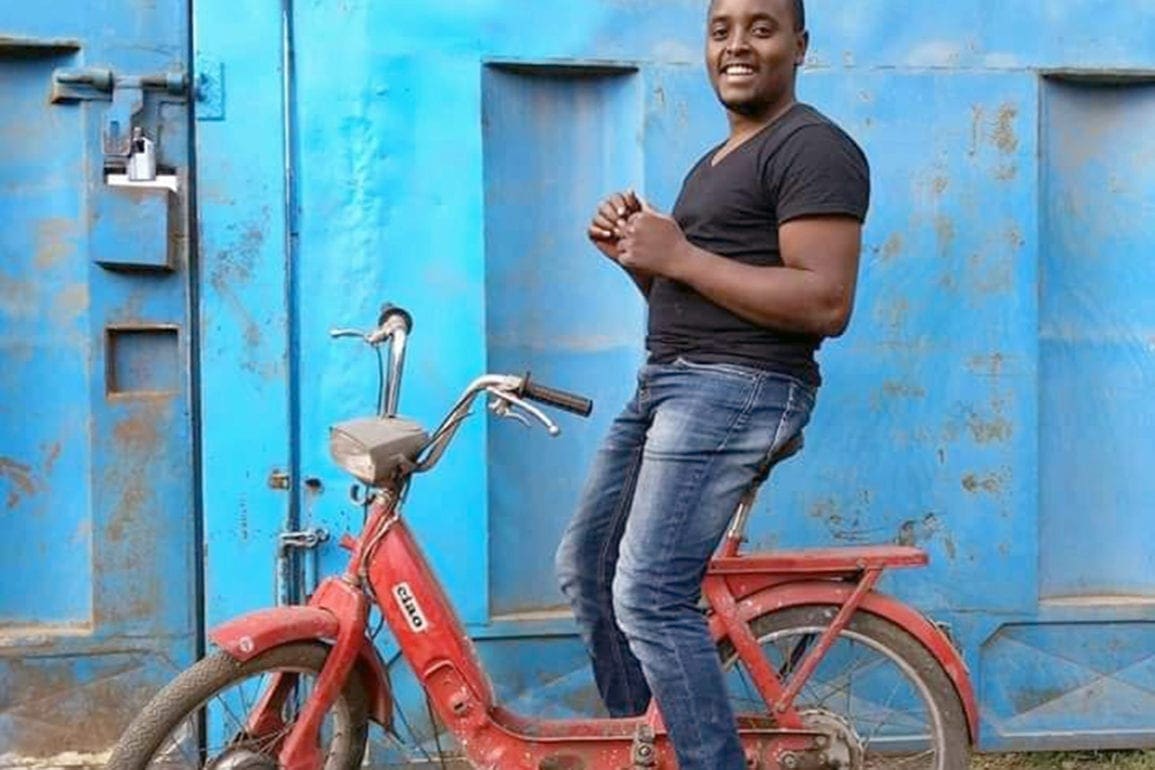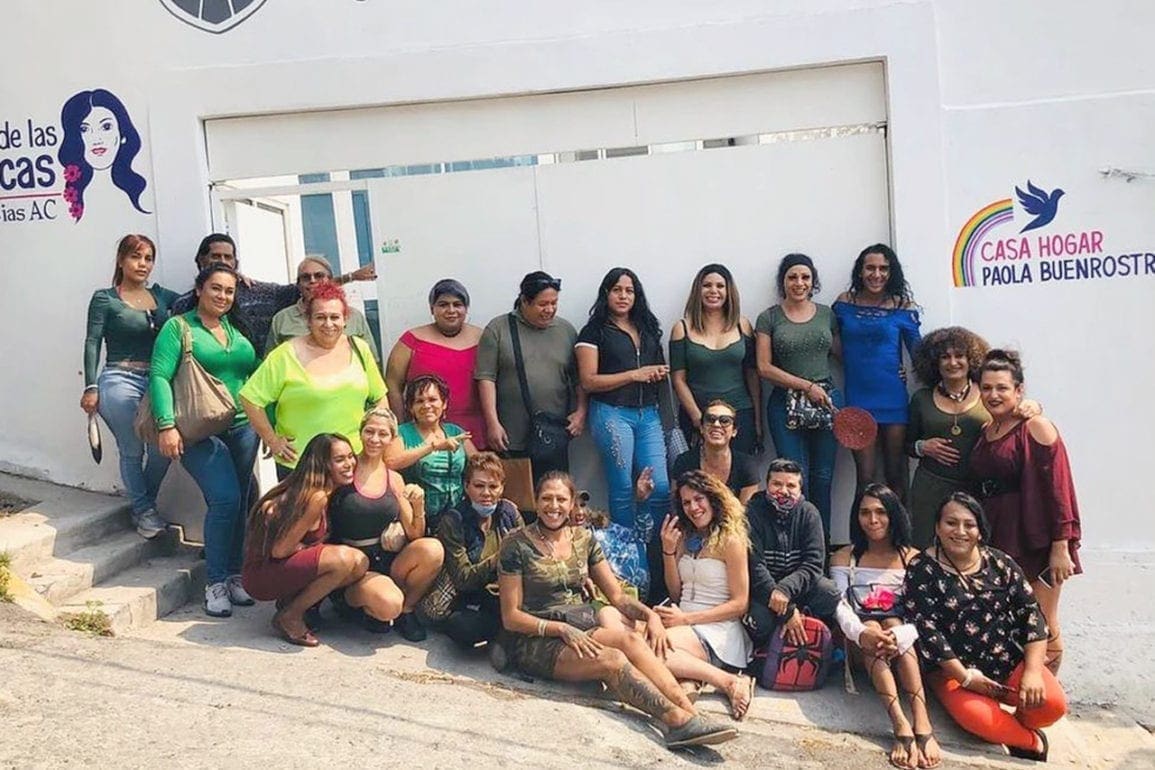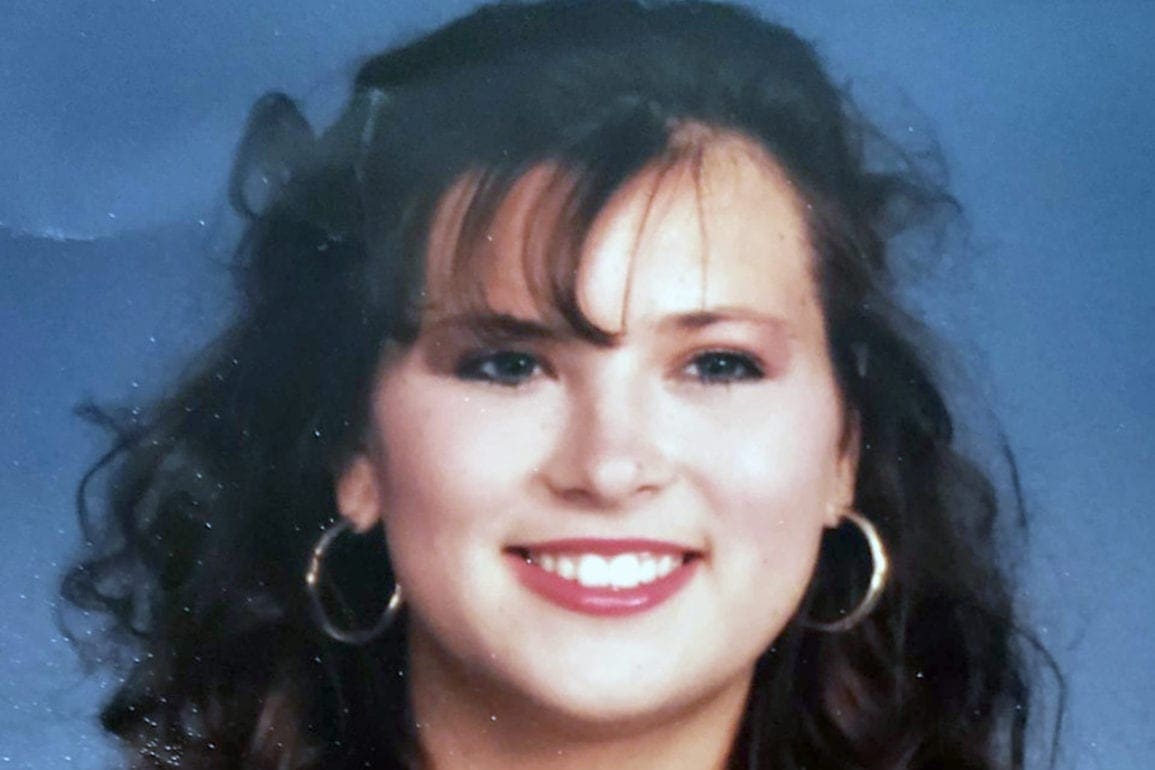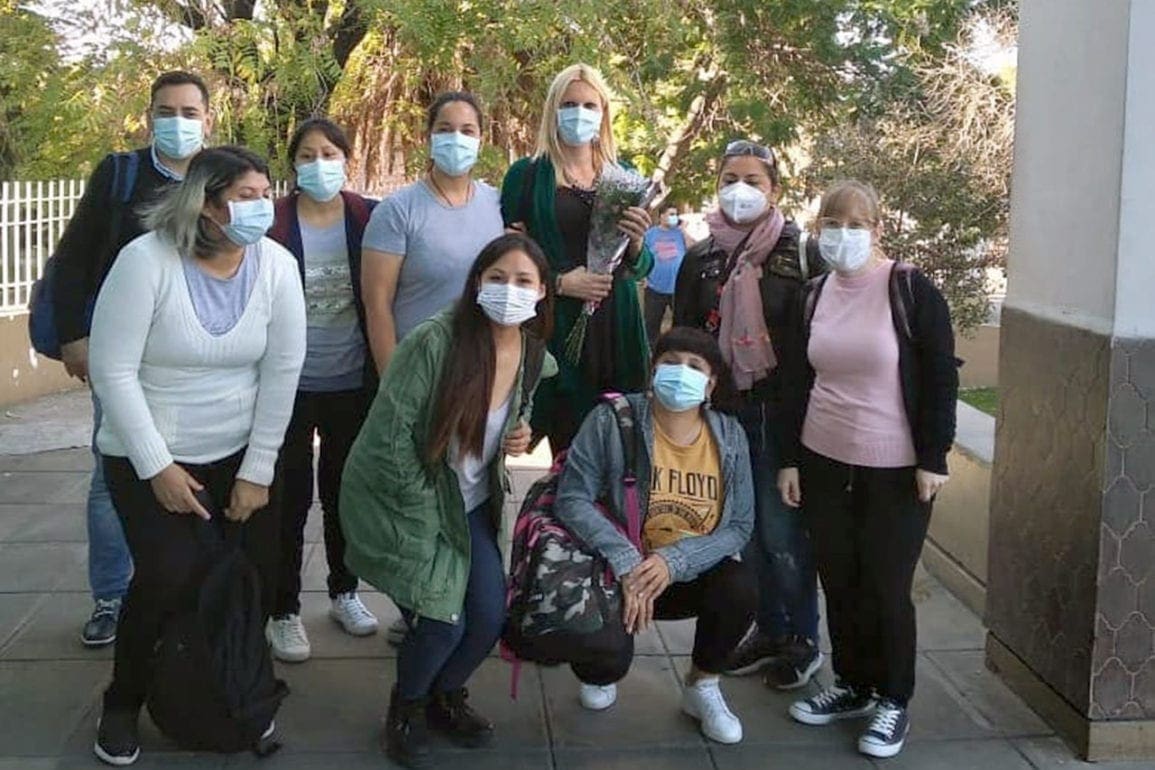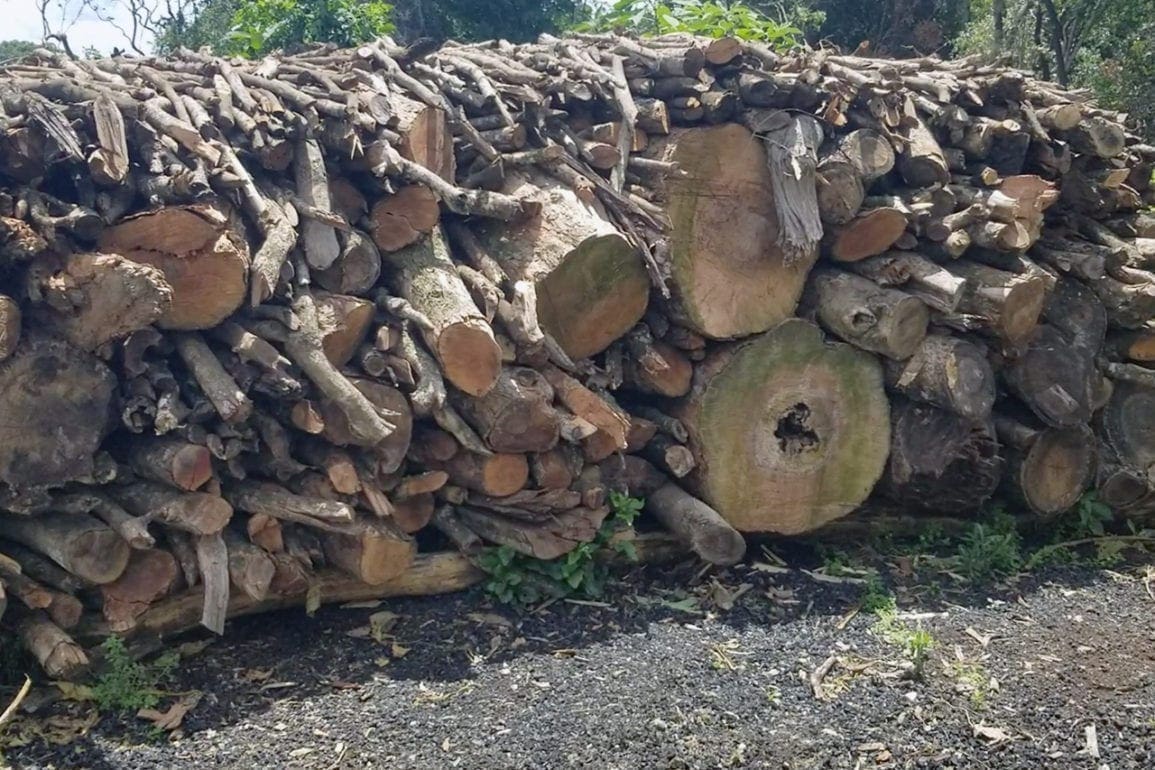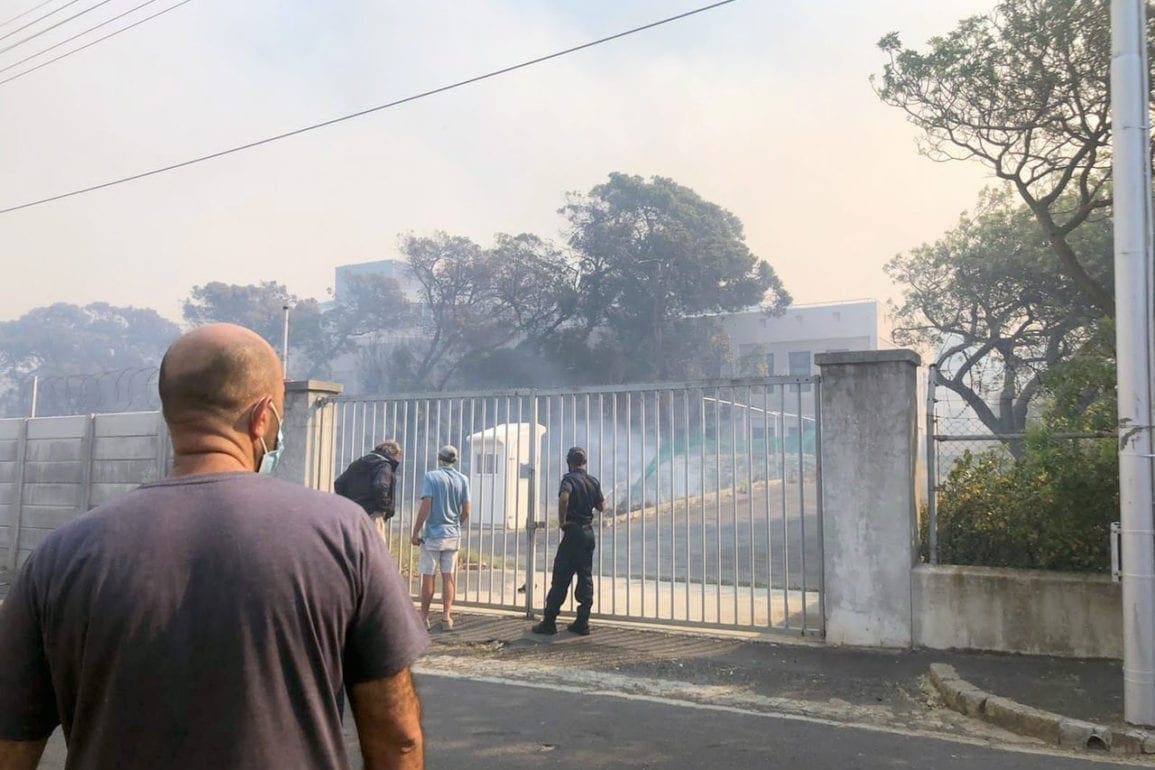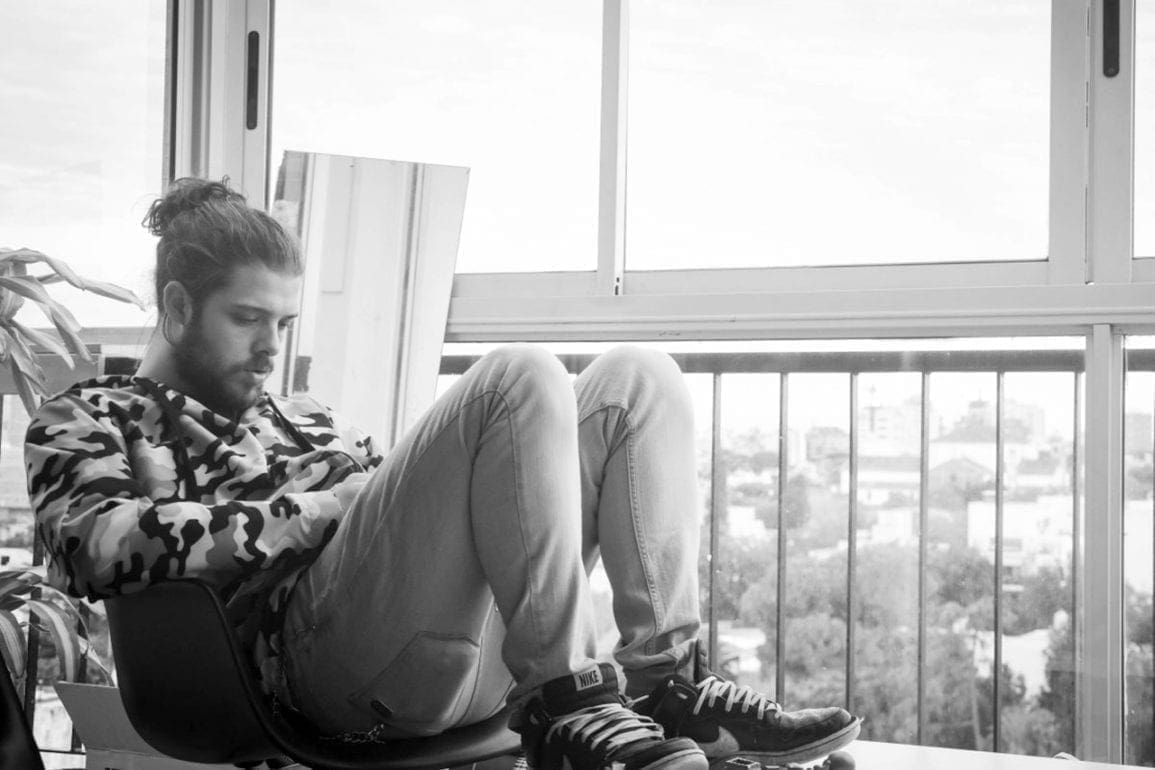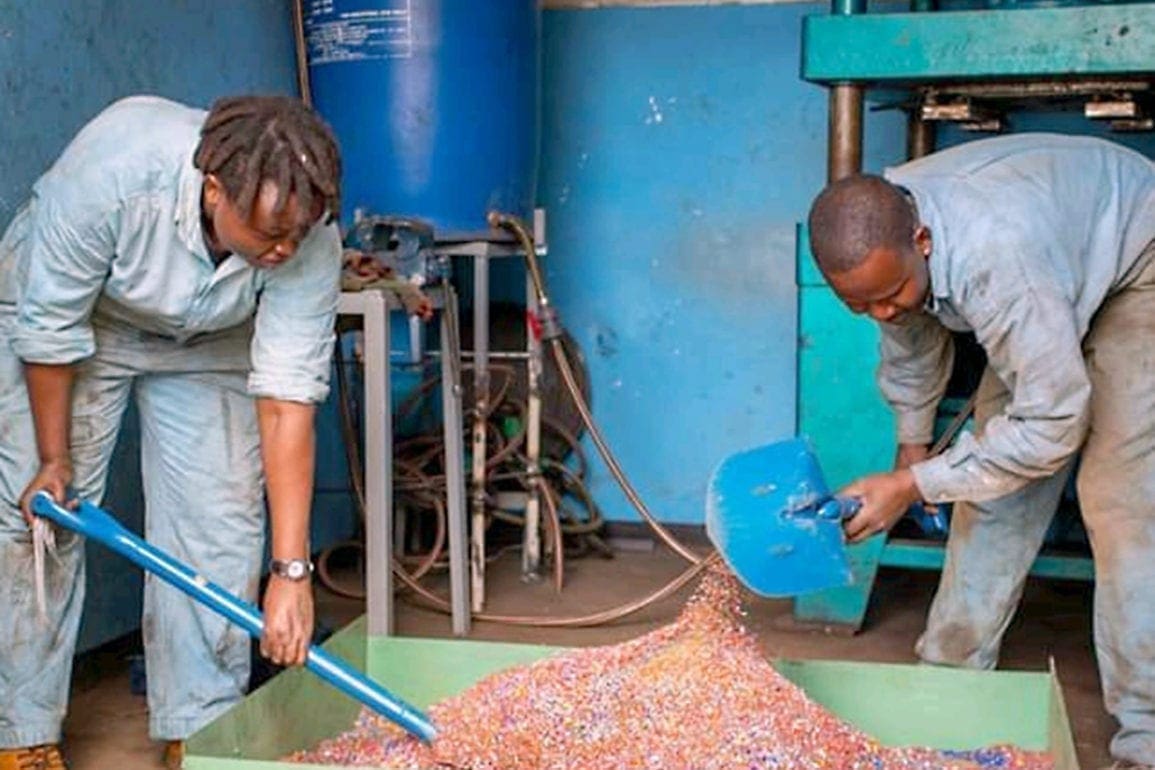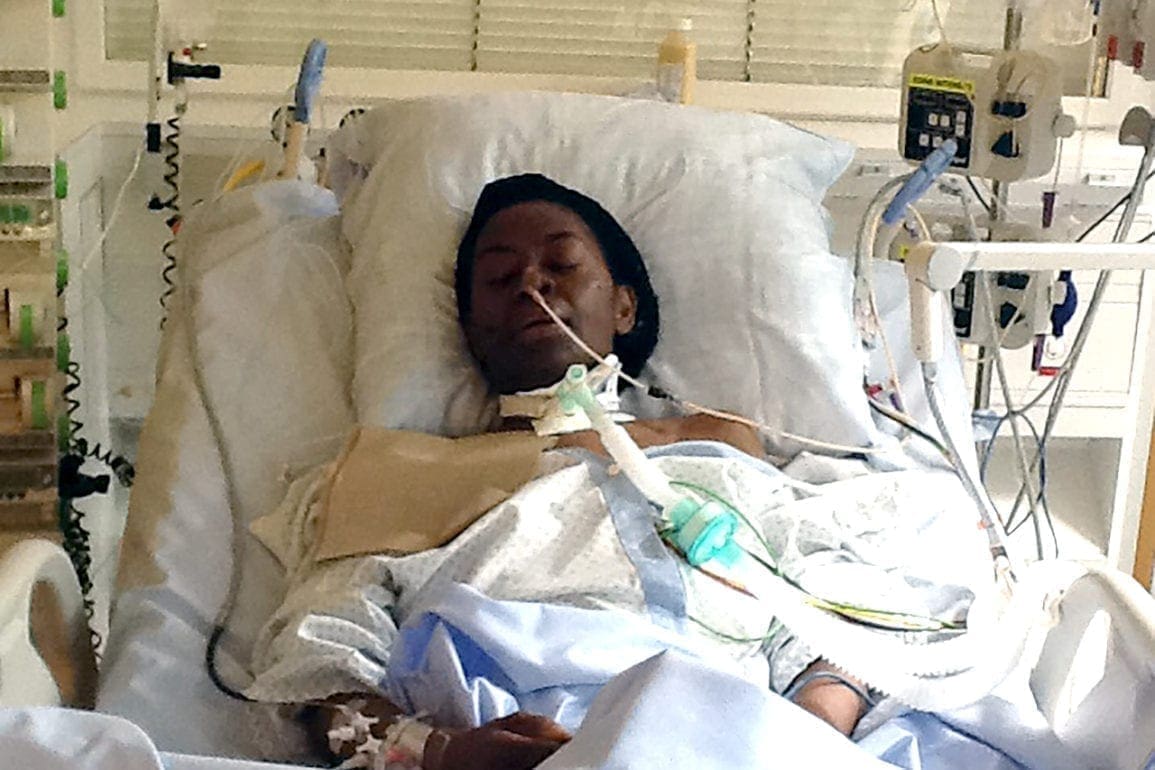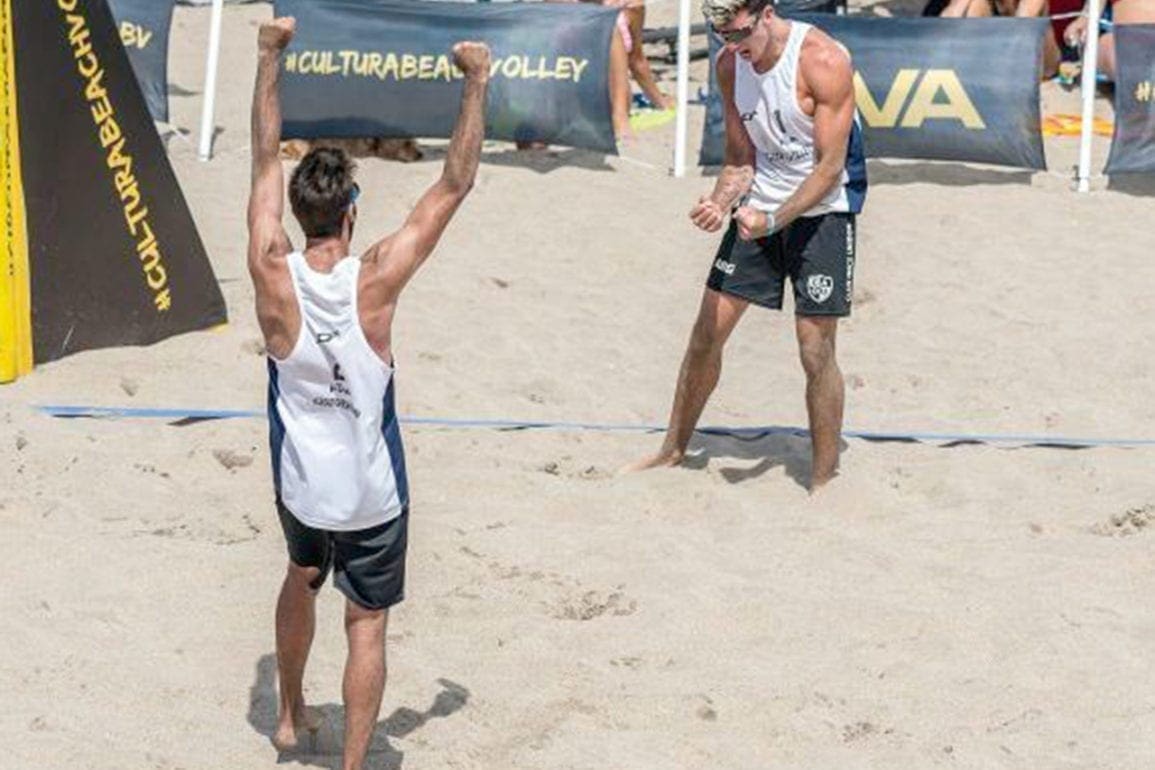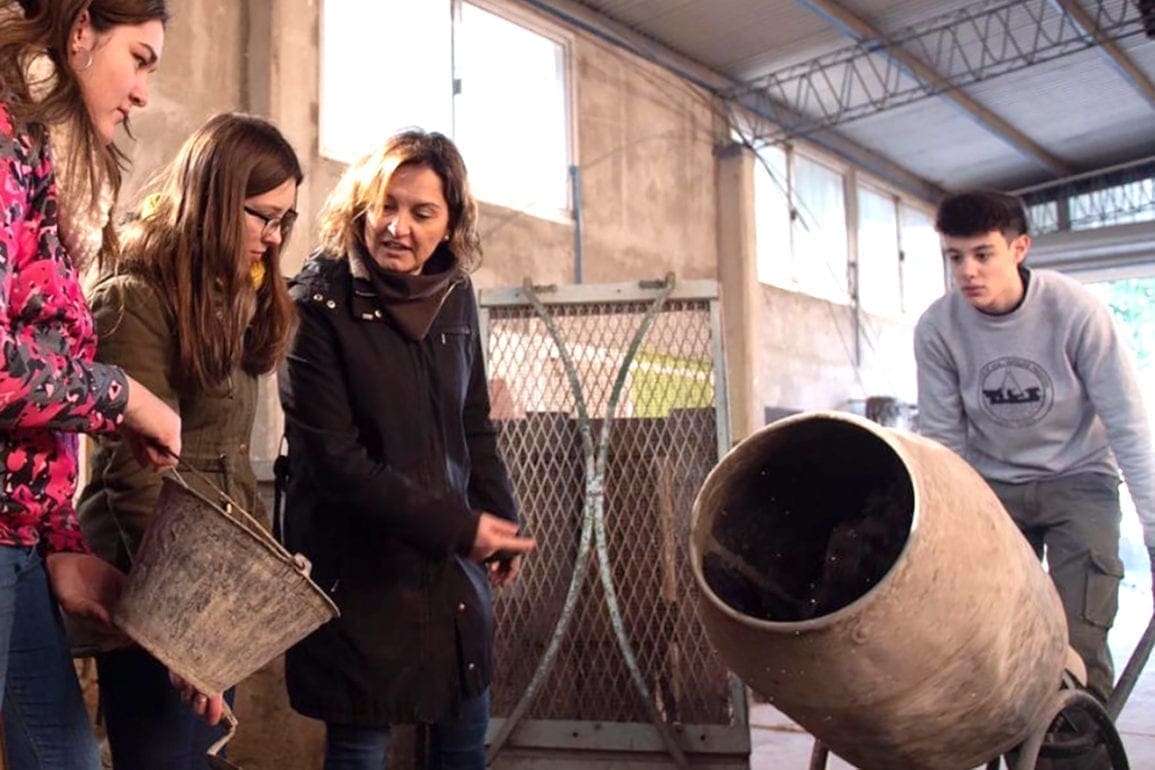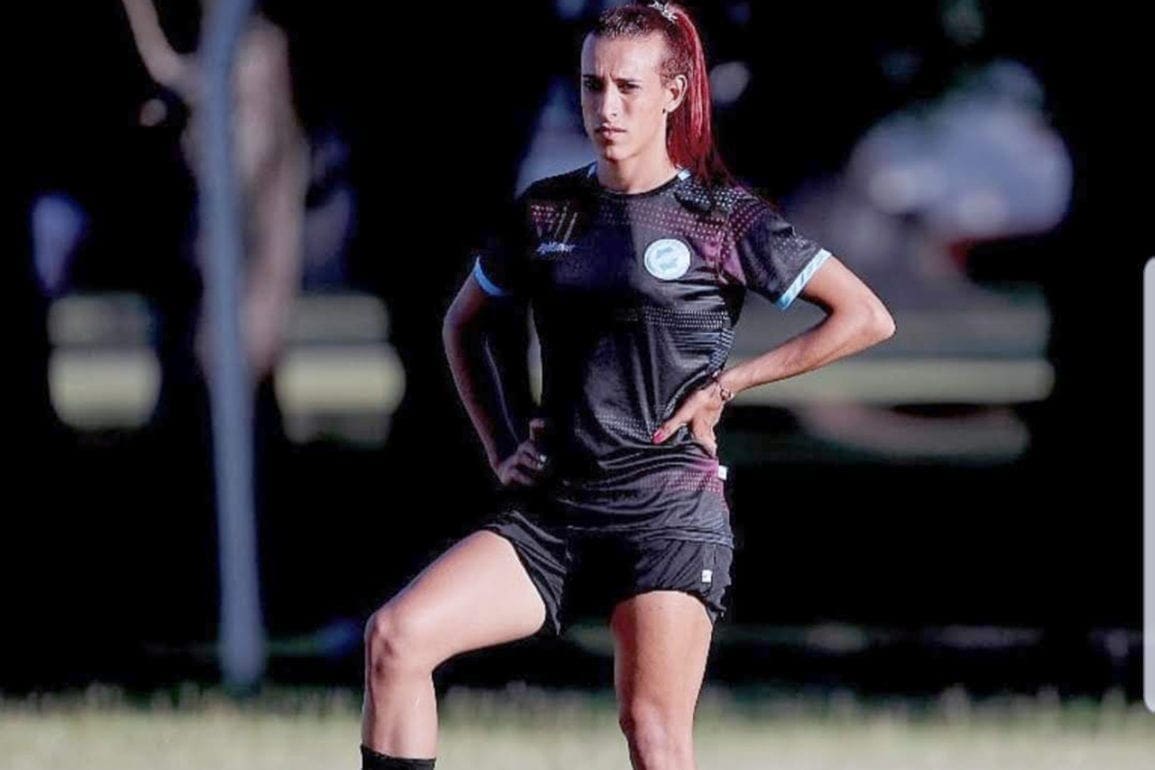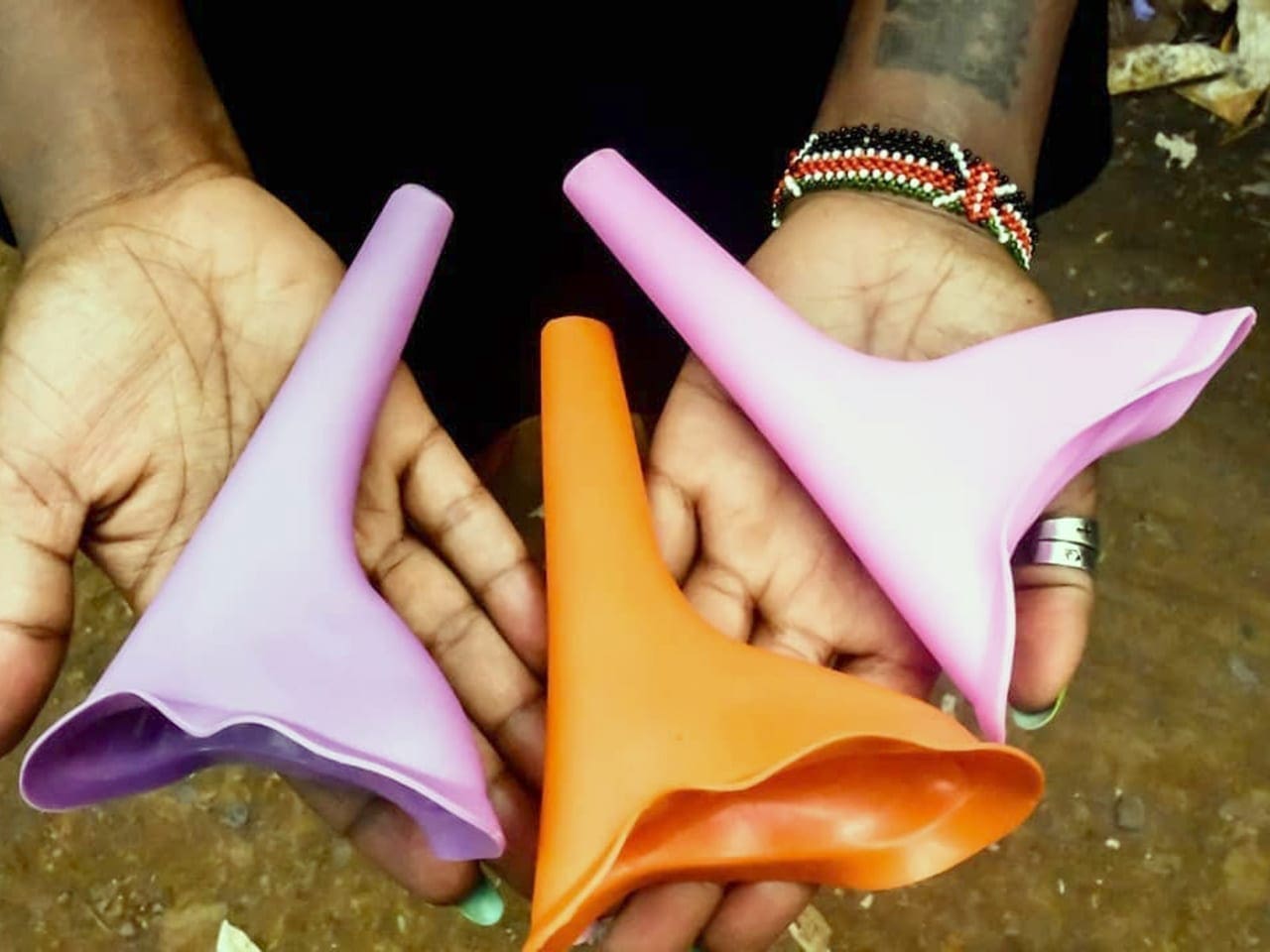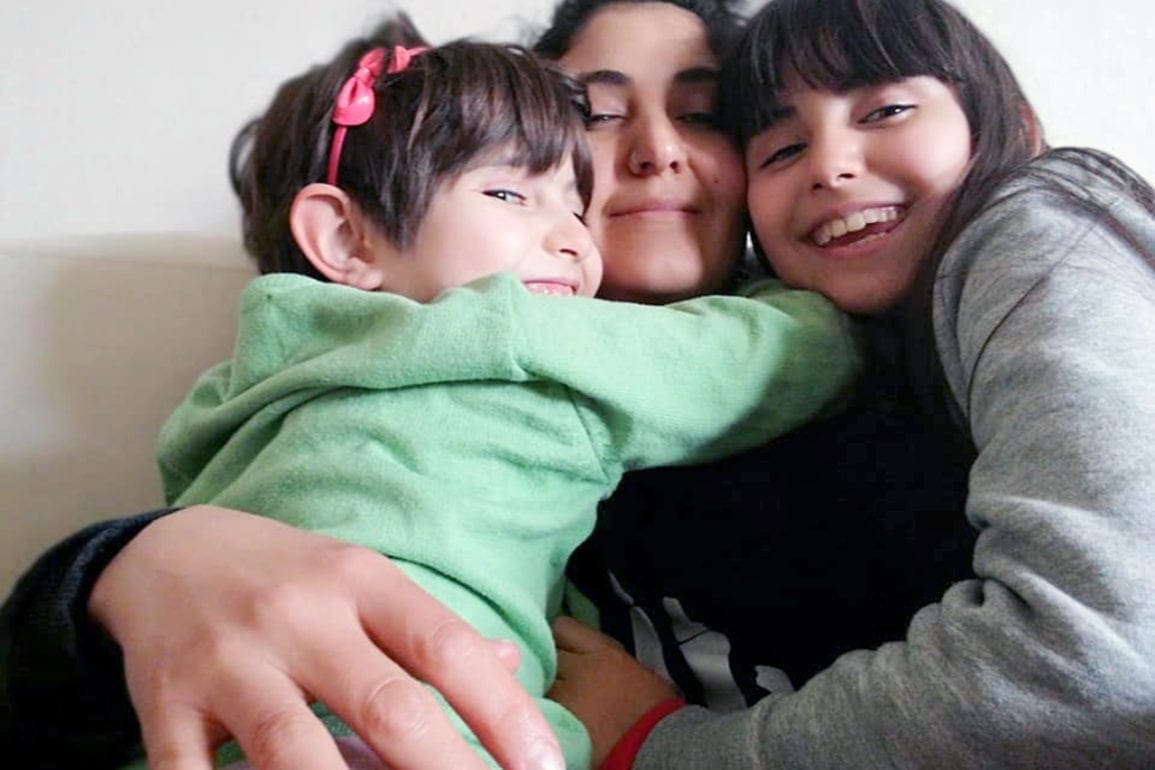Globe-trotting soccer player finds international spotlight in Argentina
Before starting the match, I could not hold in my tears. My parents were in attendance, watching that little boy who left home return as a man. I fulfilled my dream, and this is just the beginning.
- 4 years ago
November 13, 2021

BUENOS AIRES, Argentina— I’ve loved soccer since I can remember. Little could I have imagined that one day, I—who could barely find someone to kick a ball around with in my childhood home of Hawaii—would be playing on the international stage.
Uprooting everything and moving to Argentina
I started playing soccer, or football, as a boy because my dad was always a fan. My first memory of him is from when I was 4 years old: I saw him run and I thought he was the fastest in the world.
He taught me everything there was to know about the game; he was like my coach and my mentor. Though soccer is not a popular sport in Hawaii, I always managed to find someone to play with.
When I was 5, my family moved to the island of Guam. My love of soccer only grew, and as a young teen, I played for fun for Bank of Guam Strykers football club. One day, an agent told me that I had the skills to play in Argentina, if I wanted to try.
I didn’t hesitate; I wanted to be a professional footballer, and in Hawaii or Guam, that would be impossible. My knowledge of Argentina or its soccer teams was nonexistent, but I did know I had a reasonable shot if I could make it there.
My life transformed in just one month, thanks to the support of my parents who always championed me in everything I wanted to do. Letting me go was hard, but they prioritized my future.
For my part, my heart missed them already, but my passion for soccer propelled me to grab my things, say goodbye and travel alone to Argentina. I was 14 years old.
I left everything I knew behind to pursue my dream: to be a professional in this football mecca, this land of legends like Diego Maradona and Lionel Messi.
The journey stretched over days; I spent nights in airports and making layovers. I arrived in Buenos Aires alone, exhausted and without speaking a word of Spanish.
Culture shock in Buenos Aires
I arrived at what today I call my “adopted” home: Club Atlético Temperley. They opened their doors to me. I lived at the club for more than three years, and it was there where I developed my highest level of soccer performance and skill.
As for my new city, my first impression of Buenos Aires was that it was immense. It didn’t look anything like anywhere in Guam or Hawaii.
The atmospheres of my homeland and my new country were complete opposites, as well.
Hawaii is a place for people who go on vacation; it has that very relaxed air. It is too quiet for me. Here in Buenos Aires, you have to be attentive—the pace of life is much faster.
Listening to people talking around you and not understanding anything was frustrating and draining. If something went wrong in training, my teammates blamed me, and I couldn’t defend myself. When we went out as a group, I couldn’t participate in those talks, either.
I believe those challenging moments prompted me to learn the language faster.
During my first year in Argentina, I was robbed, and someone took advantage of my naiveté. I learned to be generous only with those closest to me.
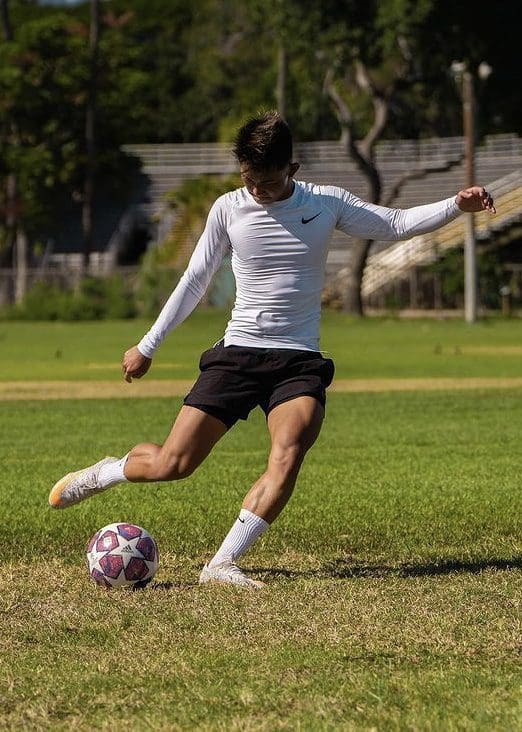
Being away from my family continues to weigh on my heart. Though they are 12,000 kilometers (7,456 miles) away, I felt their presence. I never told them about my most difficult moments; I didn’t want to worry them. From that distance, they could do nothing but be distressed.
Today, I feel like one more Argentine. I acquired that Argentine sense of mischief, though I still remember all the morals my parents taught me.
Adjusting to a new level of soccer
Soccer presented another cultural challenge. Argentina has a much higher level of play than Hawaii or the U.S. in general; here, players are miles ahead in technique, speed and agility. It proved difficult for me to adapt.
The soccer atmosphere is also much more intense. You can live and breathe football anywhere: bars, restaurants, supermarkets, any house of any neighborhood, barbershop, etc. All feel this passion for the game—they do not live it as a sport, but as a culture.
Adapting myself to this culture made me improve as a player.
Debuting on the international stage in Guam
One day earlier this year, I received a tremendous call: I was being called up to the Guam team.
I could not believe that I was going to play internationally.
At that moment, all my memories came to my mind: leaving my family as a boy, succeeding in this country full of great talent; adapting myself to an utterly different culture on the other side of the earth. All of it paid off with this reward.
I made my debut against China in a World Cup qualifying round and played the entire 90 minutes.
Before starting the match, I could not hold in my tears. My parents were in attendance, watching that little boy who left home return as a man. I fulfilled my dream, and this is just the beginning.
Soccer fills my soul, and it is what I want to do every day of my life.

